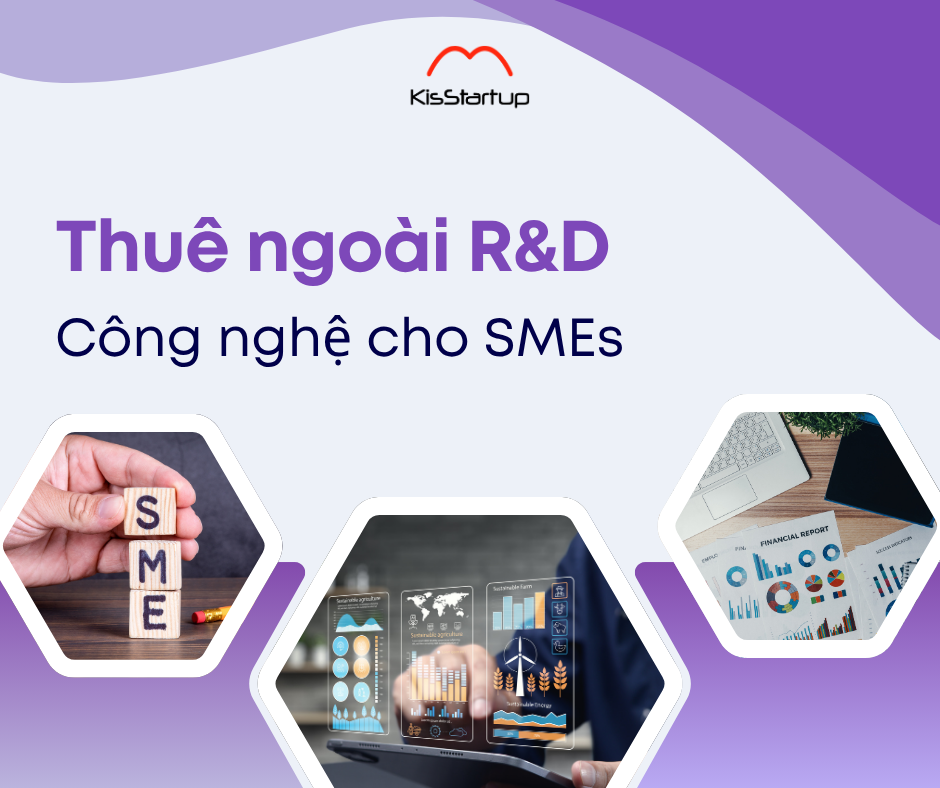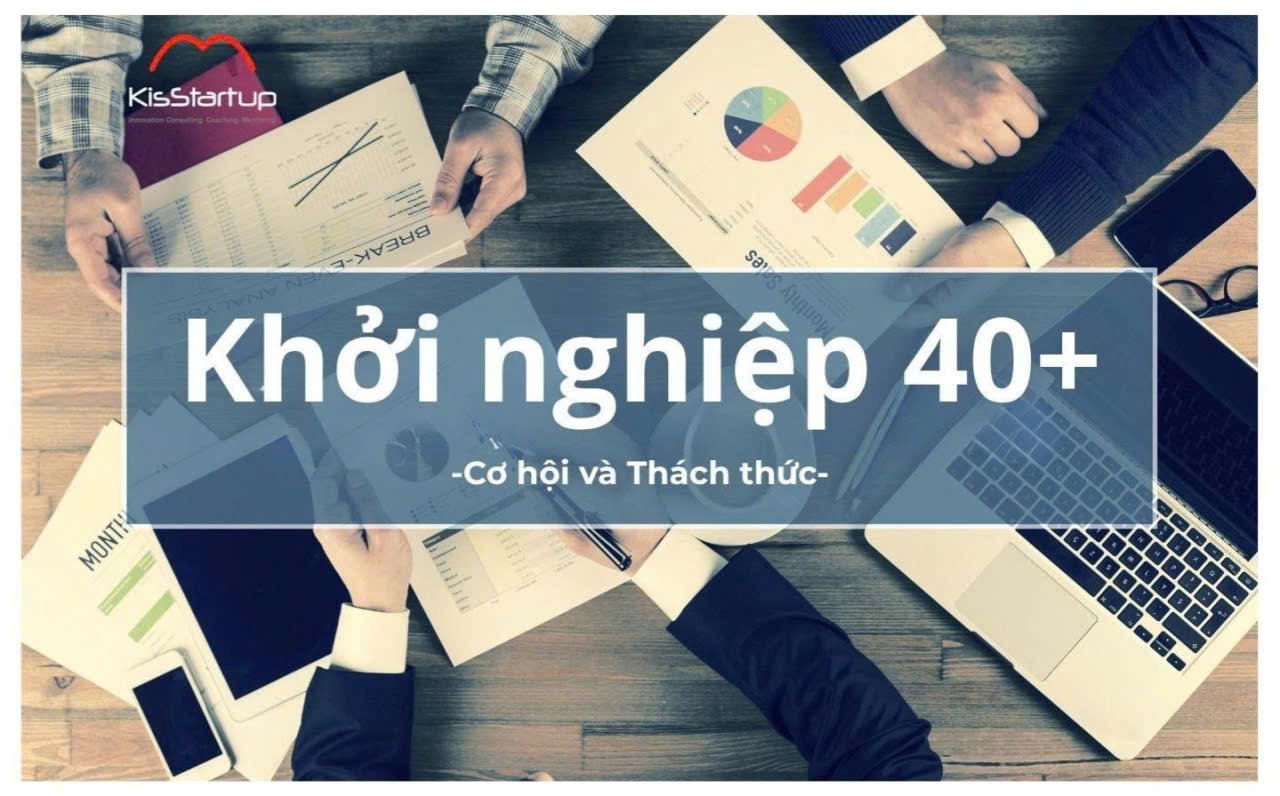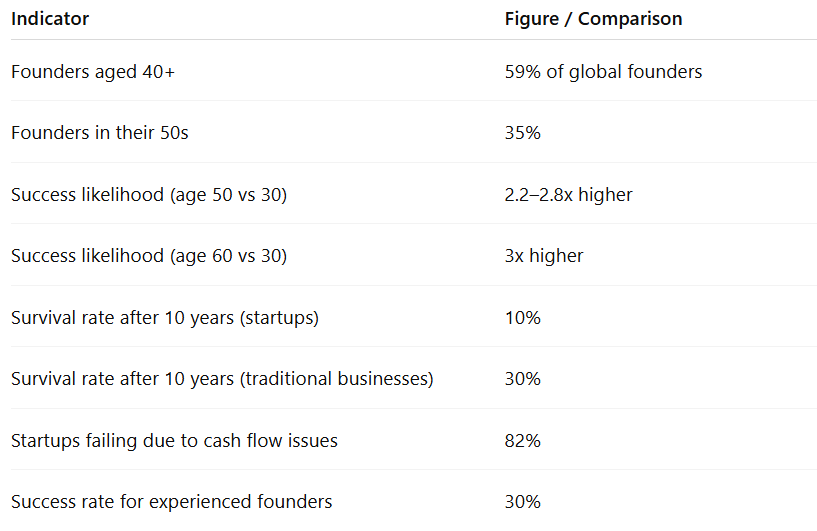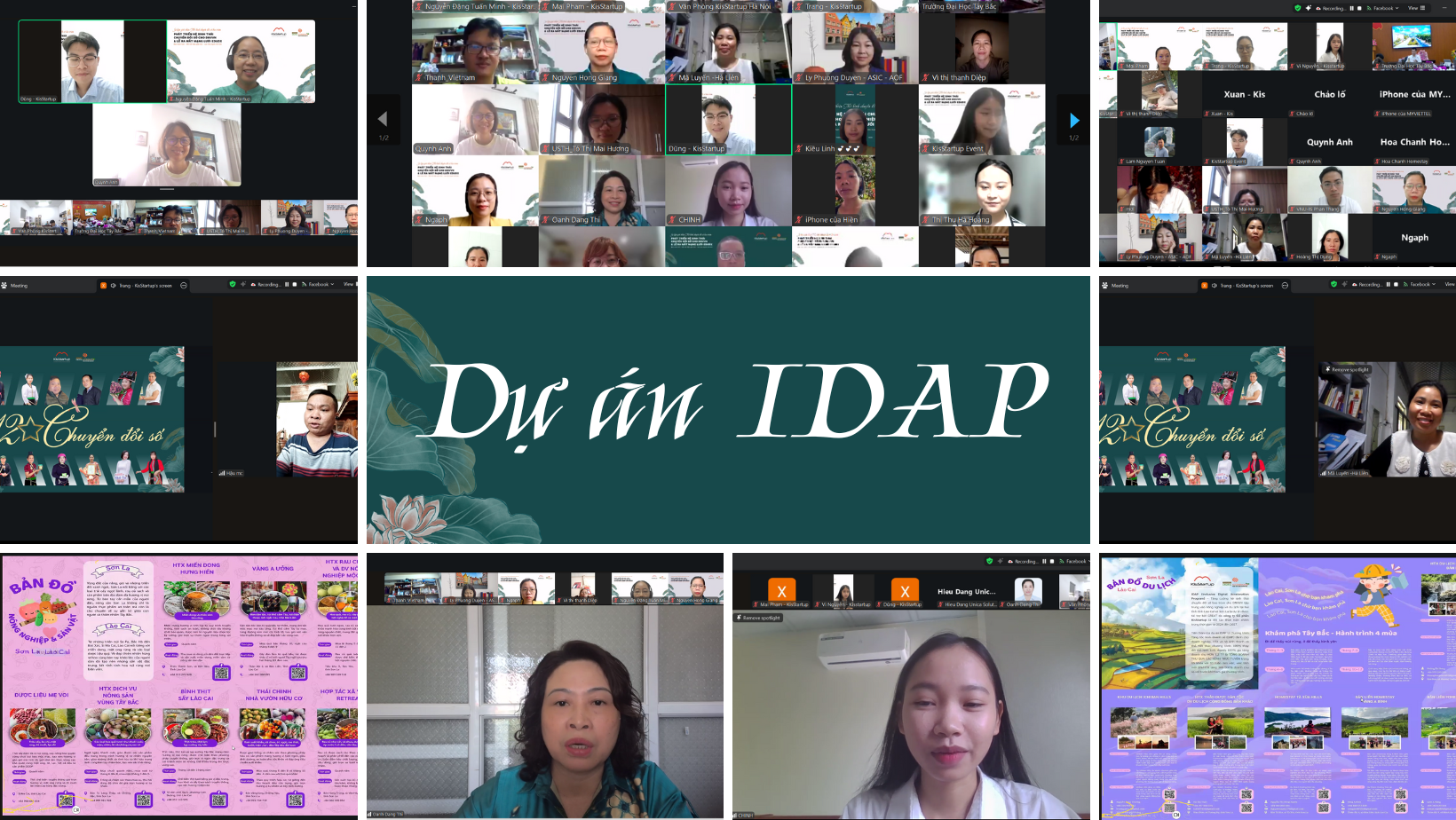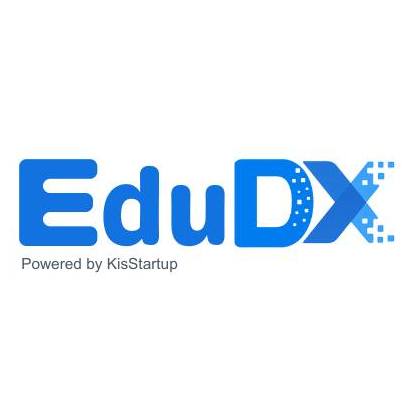
KisStartup – Compilation and Analysis
A rather unusual moment is unfolding in global business: nature—once discussed mainly through emotions, ethics, or social responsibility—is increasingly being spoken of in the language of data. Not because humanity has suddenly become more romantic, but because markets have reached a threshold: if nature-related risks are real risks, then they must be measurable, trackable, and manageable.
This is where a new group of startups is emerging: nature tech / biodiversity tech. They are not doing conservation in the traditional sense. What they build looks closer to fintech: measurement infrastructure that brings nature into corporate boardrooms, bank audit reports, and investor metrics.
When nature becomes “a system to be measured”
For years, questions like “Is this area biodiversity-rich?” were answered through time-consuming field surveys, heavily dependent on experts and difficult to compare across projects. Yet modern economies follow a simple rule: what cannot be measured is very hard to manage.
Today, markets are beginning to demand metrics on the state of nature, not just commitments or CSR narratives. New frameworks such as TNFD – the Taskforce on Nature-related Financial Disclosures are explicitly designed to help companies and investors identify dependencies, impacts, risks, and opportunities related to nature in a decision-useful way—that is, usable in financial decision-making [1], [2].
As reporting frameworks and expectations take shape, the question shifts from “Do you care about nature?” to “How are you measuring nature?” From KisStartup’s perspective, this is the inflection point: a new governance demand is creating a new data market.
Capital is flowing—but cautiously
Recent reports show that venture capital investment in nature tech is growing rapidly. According to Serena Capital, total VC funding into nature tech reached approximately USD 2.1 billion in 2024, up about 16% compared to 2023 [3], [4]. While still small compared to AI or broader climate tech, this signals something more important: investors are beginning to see a new layer of data infrastructure around nature, similar to how financial data once formed its own market.
However, the funding structure reflects an early-stage reality. Most deals remain at seed and Series A, indicating that the market is still testing a very practical question: can nature data become a repeatable, subscription-based service, or will it remain limited to research projects and pilots?
NatureMetrics: when biodiversity data becomes a commercial product
A representative example of biodiversity tech is NatureMetrics (UK). In January 2025, the company announced a USD 25 million Series B round led by Just Climate, with participation from EDF Pulse Ventures and Monaco ReOcean Fund, alongside existing investors such as BNP Paribas, Ananda Impact Ventures, and SWEN Blue Ocean [5], [6].
What matters is not the USD 25 million figure itself, but how NatureMetrics packages nature as a data product. Using eDNA (environmental DNA)—DNA found in water, soil, or sediment—they detect species presence and transform complex biological results into nature intelligence for businesses [7], [8].
NatureMetrics’ clients are not buying “DNA.” They are buying the ability to see and manage nature-related risks in a way that integrates into ESG frameworks, risk reporting, and decision-making processes. The Nature Intelligence platform is positioned as a subscription service, allowing companies to track biodiversity over time, compare across sites, and generate reports aligned with emerging disclosure requirements [5], [9].
At this point, biodiversity tech begins to resemble a data services industry, rather than a purely biological discipline.
Why the technology is “just mature enough” to leave the lab
The rise of nature tech is not driven by a single breakthrough, but by a sufficiently mature technology stack. eDNA enables faster, less invasive, and more standardized measurement. AI processes massive volumes of biological and image data that previously relied heavily on expert interpretation. Satellites, drones, and sensors provide spatial and time-series data, turning isolated observations into dynamic systems. Cloud infrastructure allows all of this to operate as a service.
Yet from KisStartup’s perspective, the decisive factor is not technology—but trust in data.
“Trust in data”: the biggest barrier—and the strongest competitive advantage
Nature data only becomes valuable when it is trusted enough to inform major decisions: project approvals, credit allocation, risk insurance, or supply chain restructuring. As a result, biodiversity tech startups must win on three fronts simultaneously:
- Methodological standardization: sampling, error control, and QA/QC.
- Interpretability: what the data says—and equally important, what it does not say.
- Acceptance: by regulators, consultants, investors, and standards such as TNFD [1], [2].
It is no coincidence that many nature tech startups adopt a “ground-truth first, scale later” strategy—running pilots with credible institutions, participating in standard-setting, and building scientific legitimacy before expanding commercially.
When nature enters Excel, the key is acting on the numbers—correctly
Turning nature into a measurable system may sound cold, but it could mark a positive turning point. Measurement enables better governance, more efficient capital allocation, and reduced “greenwashing by narrative.” The challenge is not converting nature into numbers, but converting numbers into the right decisions and actions.
In Article 2, we will dive deeper into the most clearly emerging segments (eDNA, MRV, biodiversity credits, regenerative agriculture) and address a critical question for Vietnam and ASEAN: where are the real entry points for participation—beyond merely buying technology?
© Copyright KisStartup. Any reproduction, citation, or reuse must clearly acknowledge KisStartup as the source.
References
[1] TNFD, “Recommendations of the Taskforce on Nature-related Financial Disclosures,” 2023. [Online]. Available: https://tnfd.global
[2] TNFD, “Nature-related risk & opportunity management and disclosure,” 2024.
[3] Serena Capital, “VC Funding Trends in Nature Tech – H1 2024 Update,” 2024.
[4] Nature4Climate, “Venture Capital Funding in Nature Tech Startups Increased in 2023,” 2024.
[5] NatureMetrics, “NatureMetrics raises $25m Series B to scale biodiversity monitoring,” Jan. 2025. [Online]. Available: https://www.naturemetrics.com
[6] Renewable Matter, “NatureMetrics: scalable biodiversity metrics powered by eDNA,” 2024.
[7] NatureMetrics, “Species detection using environmental DNA,” 2024.
[8] UPM, “Applying environmental DNA analysis to measure and protect biodiversity,” 2023.
[9] NatureMetrics, “Nature Intelligence platform overview,” 2024.


